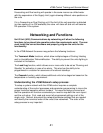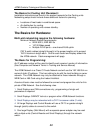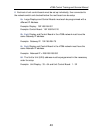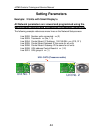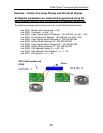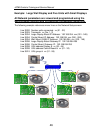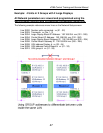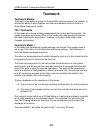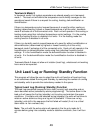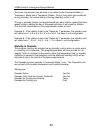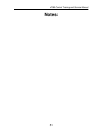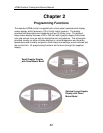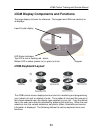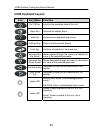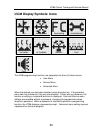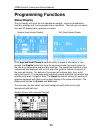
iCOM
Control Training and Service Manual
Teamwork Mode 2
In teamwork mode 2 all system parameters are shared equally as in teamwork
mode 1. The lead unit will define the temperature and humidity averages for the
operational needs if there is a request for cooling, heating, dehumidification or
humidification.
If there is a temperature control request because of a need for either cooling or
heating (determined by highest or lowest temperature of all the units), teamwork
mode 2 activates all of the connected units. Each unit will operate in the cooling or
heating mode using their individual temperature control settings. If in the cooling
mode the heating function is disabled in all units. If in the heating mode the
cooling function is disabled in all units.
If there is a humidity control request because of a need for either humidification or
dehumidification (determined by highest or lowest humidity of all the units),
teamwork mode 2 activates all of the connected units. Each unit will operate in the
humidification or dehumidification mode using their individual humidity control
settings. If in the humidification mode the dehumidification function is disabled in
all units. If in the dehumidification mode the humidification function is disabled in
all units.
Teamwork Mode 2 does not allow unit rotation (lead/ lag), unbalanced unit working
hours are to be expected.
Unit Lead/ Lag or Running/ Standby Function
This program will allow the user to select the multi-unit function of Lead and Lag,
or as sometimes stated Running and Standby, by selecting the number of running
and standby units to provide the redundancy needed in the space.
Typical Lead/ Lag (Running/ Standby) Function
The lead/ lag operational sequence has a lead (running) unit operating and an
alarm becomes active (selected by alarm programming). The active alarm in the
lead unit will cause the first lag (standby) unit to active and maintain the space
conditions. If multiple units are selected as lag (standby) the units will continue to
rotate on active alarms as long as a lag unit is available. If there are no lag
(standby) units left in the sequence the first failed will restart (if not in a critical
alarm state i.e. fan overload, etc).
Note: The unit with the active alarm will operate in the fan only mode for 3
minutes before going into a standby mode to stabilize conditions, then it will turn
off.
49



